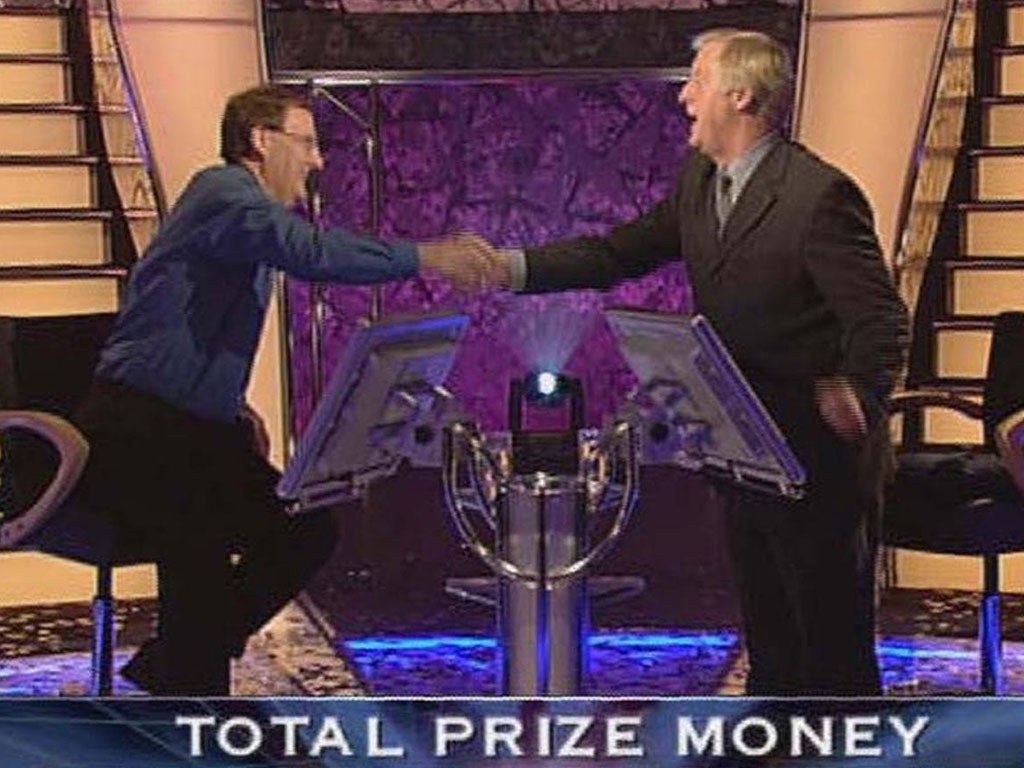Over 10 years after he last hosted Who Wants to be a Millionaire?, presenter Chris Tarrant has spilt secrets about what went on behind the scenes.
The 78-year-old was the hit British game show’s first host when it launched on ITV in 1998, and went on to present it for 30 series before leaving the programme in 2014. It was revived for a special season in 2018, and has been presented by Jeremy Clarkson ever since.
Tarrant said he originally decided to help out with the show “as a favour” to his former producer at Capital Radio, according to The Guardian.
After shooting the first episode, it was decided that the programme needed “more menace” and sound effects and tension were added to the format.
“We knew the prizes had to go up fast,” he said. “Nobody would say: ‘Better not put the kettle on in case somebody wins a quid.’ It was my job to add tension. The prize was a cheque, so I’d say: ‘We don’t want to give you that’.”
He explained that producers were eager to “milk the tension”.
“The show was filmed the day before, with rough spots where we needed to break to the adverts,” he continued.
“I’d deliberately choose the most dramatic places to cut to commercials, usually between the contestant giving their final answer and me saying whether it was correct. I always wondered if, when the first person played for a million, I’d still have the guts to say: ‘We’ll take a break.’ But I did when Judith Keppel was on her way to winning the first million, and she looked at me like: ‘You bastard!’”

Contrary to popular belief, Tarrant did not have the answers to the questions on his screen and the presenter had a trick to deterring contestants from getting the right answer from his facial expressions: “My screen didn’t show the answer. Even if I did know the answer, I’d taught myself to do this really gormless face, not even raising an eyebrow.”
Tarrant also shed light on preliminary concerns that the show may have a negative impact on the lives of contestants.
“The press thought winning such high amounts of money would ruin people’s live,” he said. “We had therapists on standby, but no one who won £500,000 said: ‘Take me to my therapist.’”







